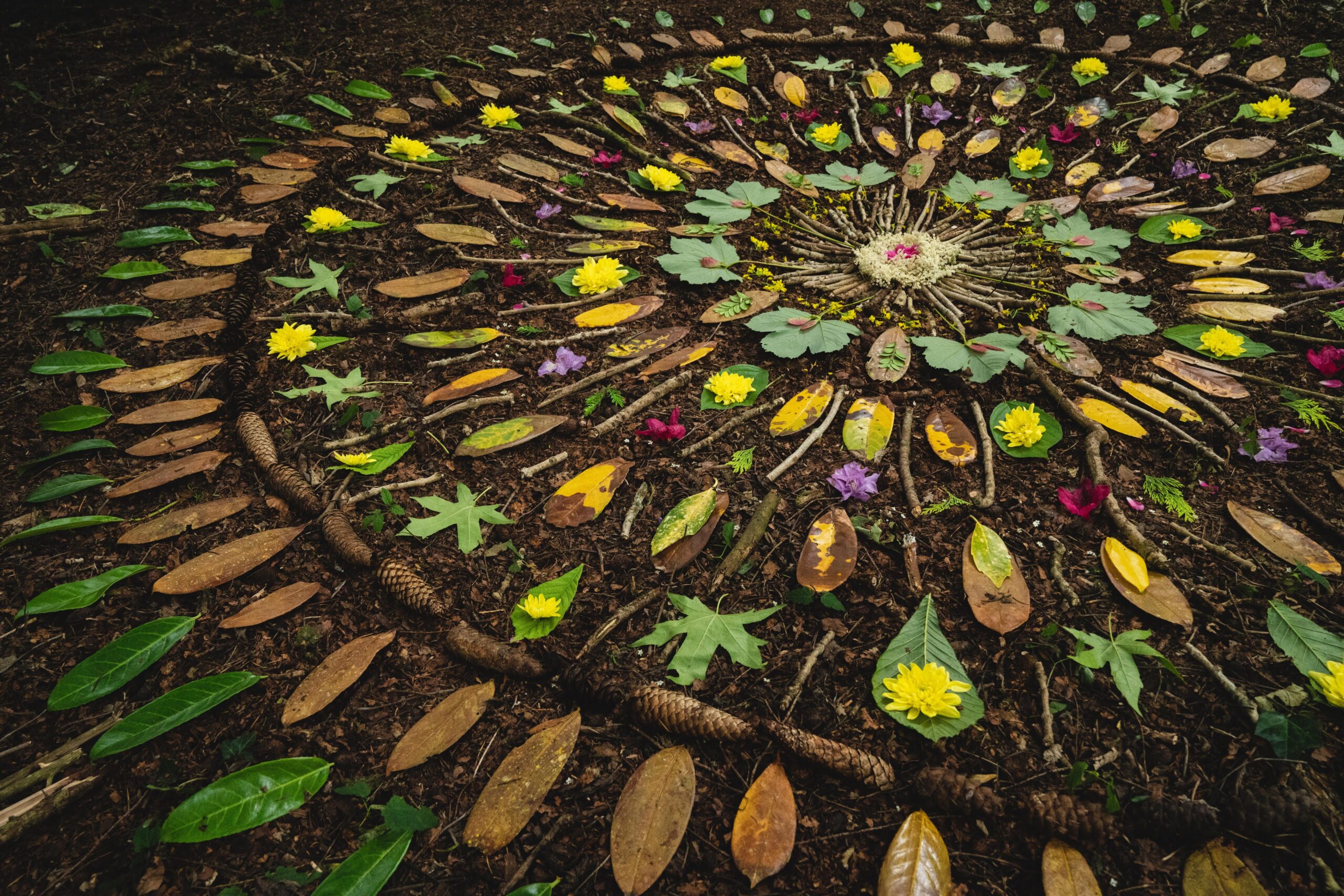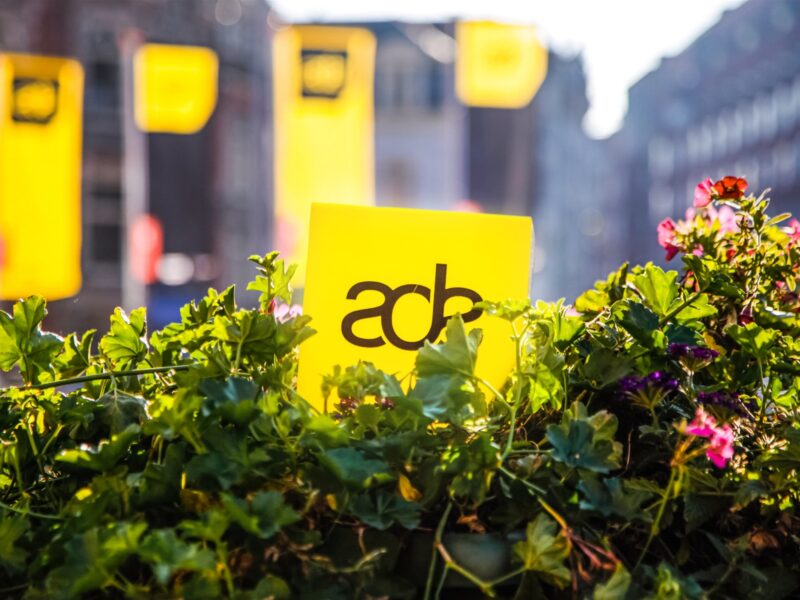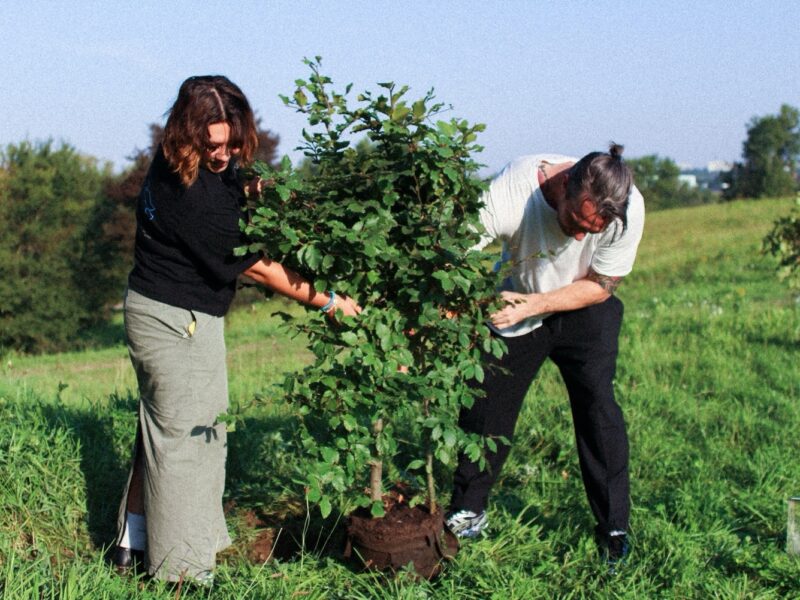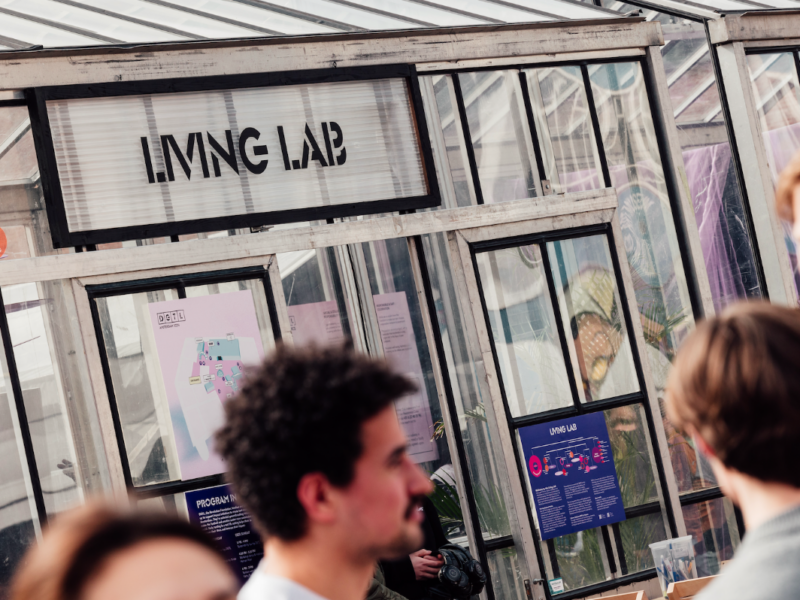
COP27: What if creativity and imagination are part of the answer?
This article was originally written by Megan Best and published via Native Events. Image by Scott Dagg, taken at Body&Soul’22.
This time last year I was at COP26 in Glasgow, which honestly was a surreal experience – not least because I came home with COVID – but perhaps the backdrop of the pandemic in a cold and dark northern city was pretty appropriate. I say this because the feeling at COP26 was urgent, or perhaps desperate. I attended a good few of the plenary sessions so I got the sense, first-hand, of the ask from developing island nations in terms of loss and damage. I also attended some fringe events, the most notable of which was ‘She Changes Climate’, at which an indigenous woman from the Amazon made a heartfelt plea and call to action to the Western World to cure ourselves of our madness, before all is lost.
This year the conference of the parties takes place in Egypt, and the situation grows more desperate by the day. Those of us in the ‘developed’ world can no longer ignore the heatwaves, the wildfires, the floods, the energy crisis, the cost of living crisis – I read an article in the Financial Times this weekend just past about a global polycrisis – where the challenges our society faces are intertwined and exacerbated by each other into an ever worsening spiral of disruption. COP27 has a lot to answer to, a set of wicked problems to solve.
“COP27 has a lot to answer to, a set of wicked problems to solve… overcoming nationalistic urges, individual egos and a myriad of hidden agendas is going to take great courage, and great creativity.”
Rising to wicked problems is the challenge this decade faces, and the leaders convening in Egypt over the next two weeks are tasked with finding solutions to the greatest threat humanity has ever faced. Comprehending this, and overcoming nationalistic urges, individual egos and a myriad of hidden agendas is going to take great courage, and great creativity.
I am reminded of a report on planetary health published by the Lancet Commission in 2015. A key message of this landmark publication was that our society faces challenges of transformation not just due to a failure of science or policy, but because of a lack of imagination. It points to conceptual and empathy failures (imagination challenges), such as an over-reliance on gross domestic product as a measure of human progress, the failure to account for future health and environmental harms over present day gains, and the disproportionate effect of those harms on the poor and those in developing nations.
Our friends in Julie’s Bicycle have long recognised the importance of imagination and creativity, of the arts and culture in this space. The cultural sector – the arts, creative industries and heritage – can make a crucial contribution to accelerating environmental action. Culture is vital to national economies, contributing creative skills and innovation, and influencing lifestyles, tastes and consumption. Most powerfully, culture can change hearts and minds: it is intimately connected to place and to community; artists can move us to reimagine our world and inspire societies to take climate action.
Indeed, the 6th report of the Intergovernmental Panel on Climate Change (IPCC), released in April of this year, included for the first time a chapter dedicated to the “demand, services and social aspects of mitigation”, which explores the social science literature to assess how people’s behaviour – and the choices they are offered – can cut emissions. The report states that behavioural and cultural changes represent a “substantial overlooked strategy” that have been left out of many transition pathways and scenarios to date. This acknowledgement highlights the potential and importance of our events and cultural sector in the coming transition.
“The 6th report of the Intergovernmental Panel on Climate Change (IPCC) included for the first time a chapter dedicated to the “demand, services and social aspects of mitigation”… stating that behavioural and cultural changes represent a “substantial overlooked strategy” that have been left out of many transition pathways and scenarios to date.”
That is why we do what we do. At Native, we believe that the creative industries, and the wider cultural sector, are the ideal vehicle to socialise the norms of the circular economy and to inspire imaginations in the great decarbonisation. We work with stakeholders from all walks of life – running workshops and engagements with county councils, arts organisations and corporate clients – building a bridge from executive level policy to engaging with the people on the ground. Making sustainability and climate action fun and imaginative, shifting the paradigm from fear and burden to inspiration and connection. We’re currently working with Julie’s Bicycle Europe on the development of a climate action policy AND implementation plan for the Arts Council, which has been informed and enriched by sector-wide consultation. We’re also developing sustainable festivals guidelines for Fáilte Ireland, informed by our involvement with a Europe-wide network of forerunners in this space, and adapted for Irish festival organisers thanks to our first-hand experience in running one of Ireland’s most sustainable festivals.
“At Native, we believe that the creative industries, and the wider cultural sector, are the ideal vehicle to socialise the norms of the circular economy and to inspire imaginations in the great decarbonisation.”
The challenges we face, in our local and national governments, at COP27 and in 21st century society, are created by people. Driven by a colonialist, competition-driven narrative of endless growth and individualism, by a mistaken interpretation of ‘survival of the fittest’, an undercurrent of ego and fear. To overcome this, ultimately we need our culture to grow up. Our leaders need to seek the courage and creativity to recognise that we are a global community, and we can only get out of this mess by working together.






